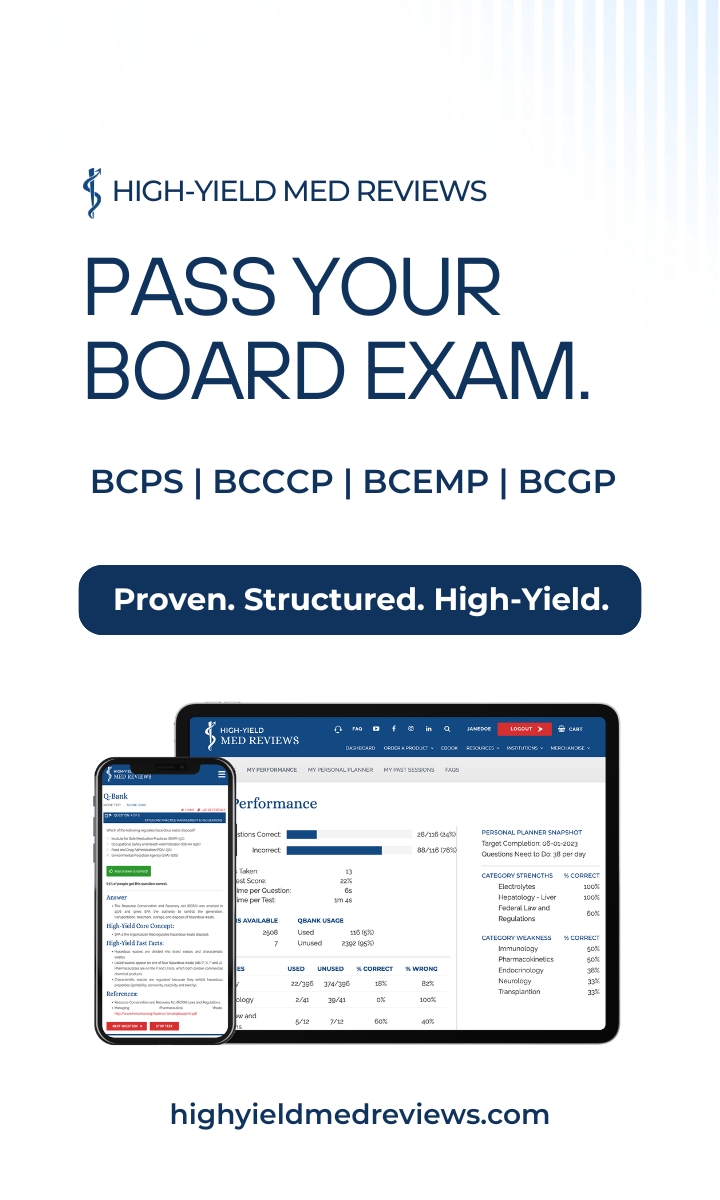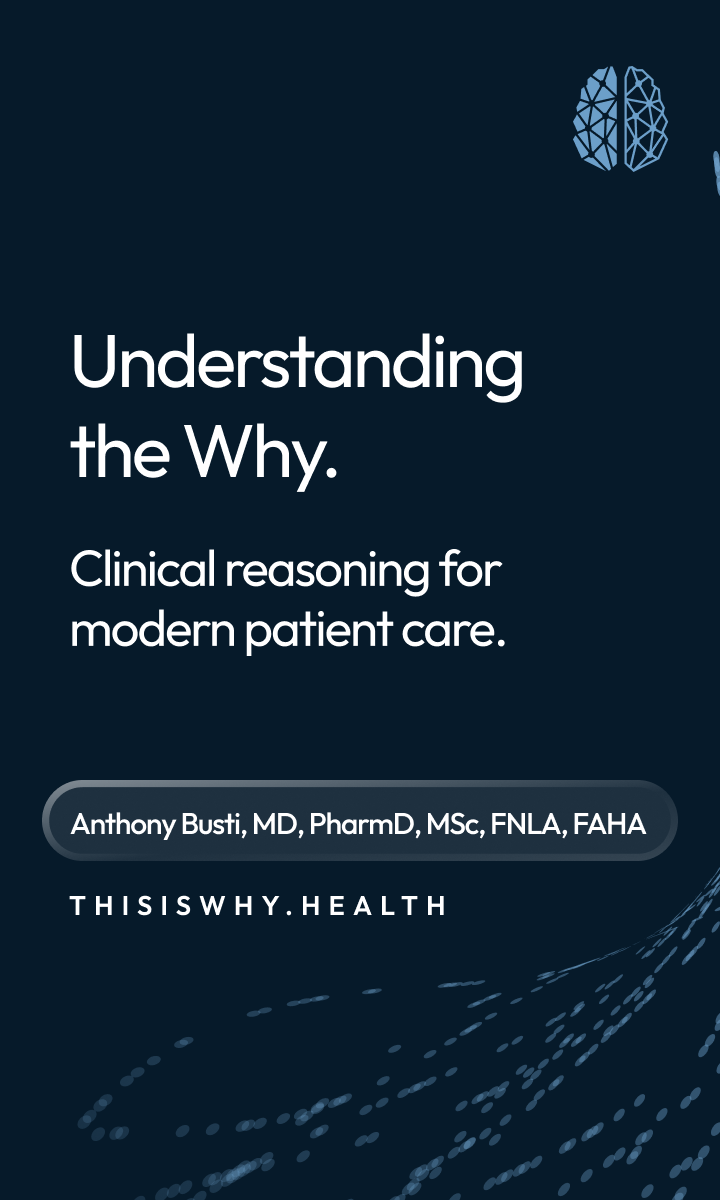Extracorporeal Cardiopulmonary Resuscitation vs Conventional Cardiopulmonary Resuscitation for Refractory Out-of-Hospital Cardiac Arrest
PICOTS:
- P = Adult patients presenting with out-of -hospital cardiac arrest (OHCA) from presumed cardiac etiology
- I = Extracorporeal cardiopulmonary resuscitation (ECPR)
- C = Conventional cardiopulmonary resuscitation (CCPR)
- O = Survival to discharge with favorable neurological outcome
- T = Acute Setting
- S = Pre-Hospital and Emergency Department
Note: PICOTS stands for (P) for patient, (I) for intervention of interest, (C)
for comparison, (O) for outcome of interest, (T) for
timing, & (S) for setting.
Take Home Point(s):
- ECPR for OHCA is a controversial intervention due to conflicting observational studies and the lack of randomized controlled trials.
- ECPR outperforms CCPR only when combined with reperfusion therapies and should be viewed as a bridge to definitive treatment for cardiac arrest from reversible cardiac etiologies.
- ECPR for OHCA appears to offer mortality benefit and positive neurologic outcomes in a very select patient population when combined with a comprehensive definitive care plan that includes reperfusion techniques.
- If a patient presents with OHCA with a broad differential diagnosis or if the etiology of cardiac arrest is known to be non-cardiac, there is little data to guide the clinical decision of initiating ECPR vs CCPR.
Summary:
ECPR is an invasive and resource intense intervention for refractory OHCA. To date, there are no randomized control trials investigating differences in outcomes between ECPR and CCPR. The best available data are from observational studies that use propensity matching techniques to account for the biases inherent to this study method. A recent meta-analysis of 3 high quality observational studies published in Scientific Reports (Ahn et al., 2016) showed no statistical difference in overall survival or survival with positive neurologic outcomes between ECPR and CCPR in OHCA. However, the conclusion of the met-analysis was largely driven by Choi et al. (2016) which found that the observed favorable neurologic outcomes of ECPR compared to CCPR were lost after controlling for reperfusion therapy and hypothermic therapy. The purpose of ECPR is to be a bridge to definitive care so it could be argued that adjusting for the impact of definitive care would be inappropriate; alternatively adjusting for this could separate out the effectiveness of individual interventions. The rate of neurologically favorable outcomes at discharge between ECPR versus CCPR in Choi et al. (2016) was 9.1% versus 1.6%, respectively. This either means that ECPR augmented the effect of definitive therapy, preserved organ function until definitive therapy was provided, or there was an unknown confounding variable accounting for the difference in positive outcomes.
In
the author's interpretation of the available data, the benefits from initiating
ECPR for refractory cardiac arrest are apparent for a select population
demonstrating the following characteristics: less than 75 years old, witnessed
cardiac arrest from cardiac etiology, signs of life upon initial evaluation,
initiation of CPR within 5 minutes of cardiac arrest, and access to definitive
care for a reversible cause of cardiac arrest. The decision to initiate and
maintain ECPR requires multi-disciplinary care and institutional buy-in that is
beyond the scope of this article.
Author(s): Ruben Troncoso Jr, MD, MPH and Nathan Woltman, MD - (Johns Hopkins School of Medicine)
Reviewer(s): Jeremiah Hinson, MD, PhD - (Johns Hopkins School of Medicine)
Editor-in-Chief: Anthony J. Busti, MD, PharmD, FNLA, FAHA
Date Last Reviewed: February 2018
Guideline Statements
|
|---|
|
Cochrane Reviews
|
|---|
|
Meta-Analysis
|
|---|
|
Prospective Trials
|
|---|
|
Cohort Studies
|
|---|
|
Review Articles
|
|---|
|
Related Content
|
|---|
|
|
Keywords
|
|---|
|





